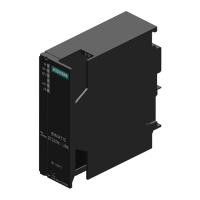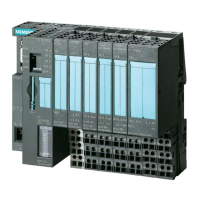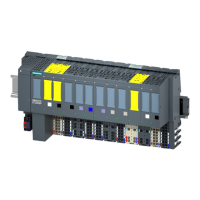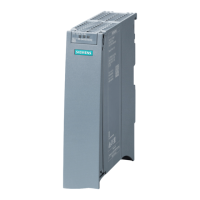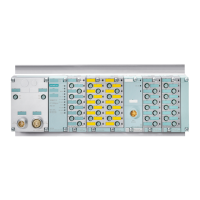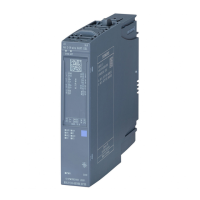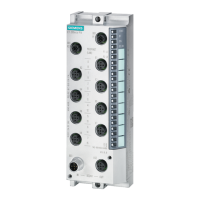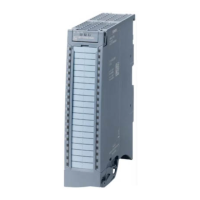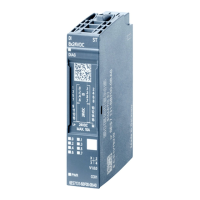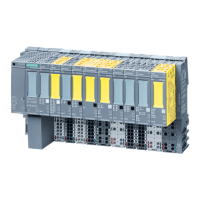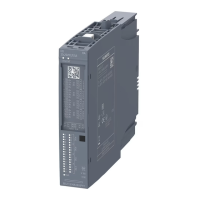Glossary
Communication
256 Function Manual, 12/2017, A5E03735815-AF
Network components used to connect several terminal devices or network segments in a
local network (LAN).
ransmission
ontrol
rotocol /
nternet
rotocol, connection-oriented network protocol,
generally recognized standard for data exchange in heterogeneous networks.
Time-of-day synchronization
Capability of transferring a standard system time from a single source to all devices in the
system so that their clocks can be set according to the standard time.
Network topology characterized by a branched structure: Two or more bus nodes are
connected to each bus node.
Fast Ethernet via twisted-pair cables is based on the IEEE 802.3u standard (100 Base-TX).
The transmission medium is a shielded 2x2 twisted-pair cable with an impedance of 100
Ohms (22 AWG). The transmission characteristics of this cable must meet the requirements
of category 5.
The maximum length of the connection between the terminal and the network component
must not exceed 100 m. The connectors are designed according to the 100Base-TX
standard with the RJ-45 connector system.
ser
atagram
rotocol; communications protocol for fast and uncomplicated data transfer,
without acknowledgment. There are no error checking mechanisms as found in TCP/IP.
In SIMATIC, a distinction is made between the CPU operating system and user programs.
The user program contains all instructions, declarations and data by which a system or
process can be controlled. The user program is assigned to a programmable module (for
example, CPU, FM) and can be structured in smaller units.
Universal Serial Interface protocol (
niverselles
erielles
chnittstellen-Protokoll); defines
an access method according to the master-slave principle for communication via a serial
bus.
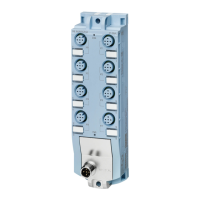
